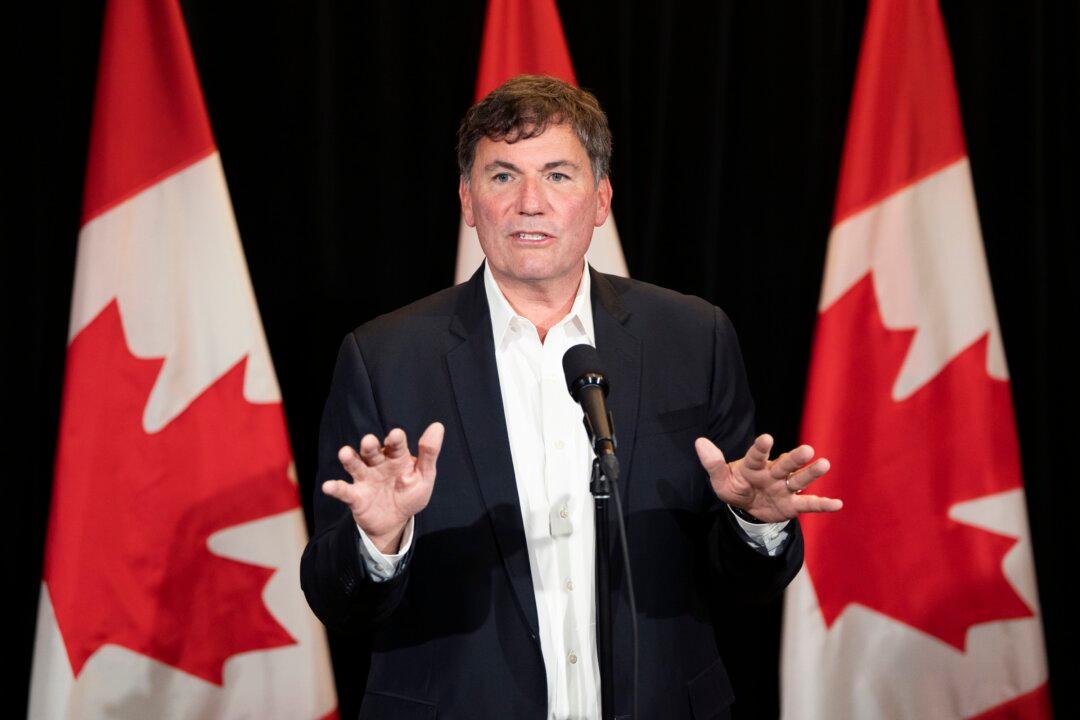Federal Minister Dominic Leblanc sent a letter to the prime minister to provide an update on the government’s response to the Emergencies Act public inquiry report, saying a key objective of the response is to “maintain public trust.”
“Our key objective in preparing the Government’s Response to the Commission’s Final Report is to maintain public trust and confidence in the ability of police and all orders of government to work together to keep Canadians and our communities safe and secure,” says the Aug. 31 letter.





